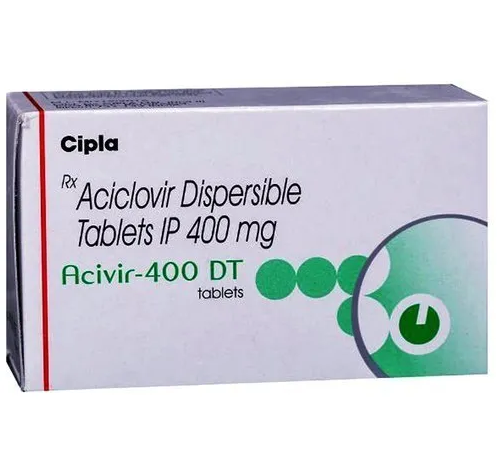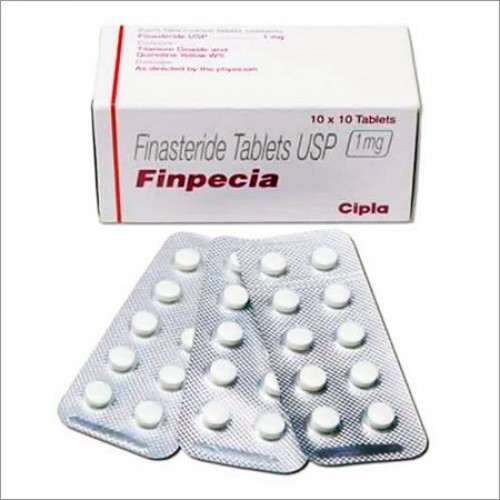Acyclovir is prescribed to treat viral infections, including varicella zoster (shingles), genital herpes, cold sores, and chicken pox. It is a prescription drug approved by FDA (Food and Drug Administration). Acyclovir is available as a tablet, suspension, capsule, buccal tablet, cream, and intravenous drug. It is sold under different brand names, such as Zovirax, Sitavig, etc.
Acyclovir Forms and Available Strengths
- Acyclovir injectable solution (50 mg/mL)
- Acyclovir injection, lyophilized powder for reconstitution (500 and 1000 mg/vial)
- Acyclovir oral suspension (200 mg/5mL)
- Acyclovir Tablets (400 and 800 mg)
- Acyclovir capsule (200 mg)
What Is Acyclovir and How Does It Work?
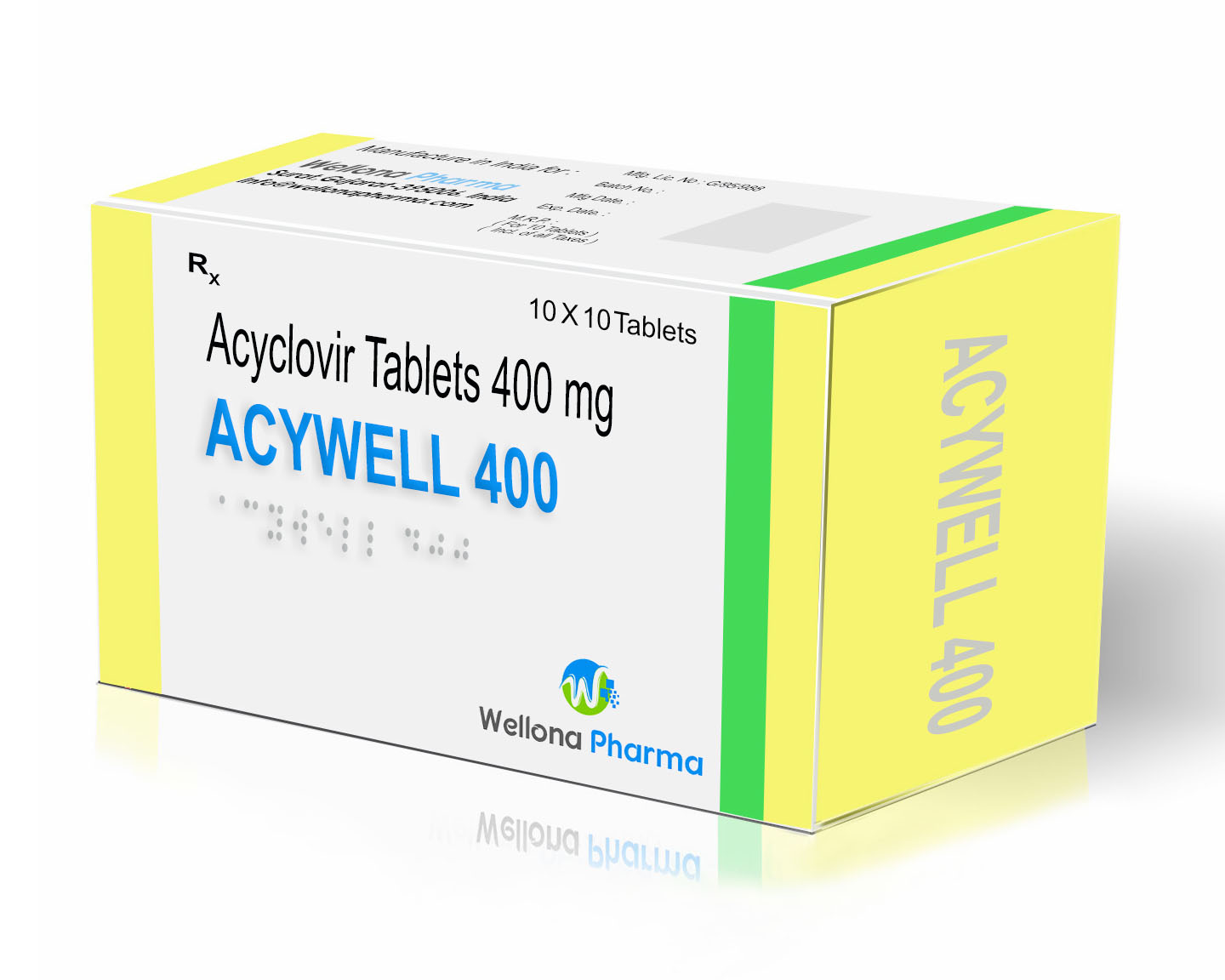
Acyclovir is an antiviral drug that belongs to the antiviral class of drugs. Acyclovir is commonly prescribed as an oral, topical, and injectable treatment for cold sores and genital herpes. Herpes denotes a group of viruses responsible for causing various herpes infections, such as genital herpes, cold sores, shingles, and chicken pox. These are very common infections.
Genital herpes is a sexually transmitted disease that can be acquired by any sexually active person, and they can transmit it to other individuals through intimate or sexual contact. This infection is caused by herpes simplex virus. The symptoms of genital herpes usually include flu-like symptoms (fever, swollen glands, or body aches), blisters, rash or sores in the genital area (with or without pain, tingling, or itching), and blisters that pop, causing painful sores.
Chicken pox and shingles are common skin infections, and both are caused by the same virus (Varicella zoster). Many people who suffer from chickenpox can experience shingles later. Both infections have symptoms such as a rash accompanied by pain that can be treated with Acyclovir.
There is no complete cure available for herpes infections; however, Acyclovir can effectively ease and decrease symptoms of these infections. This drug does not kill the herpes virus or eliminate it you’re your body; it just paralyzes the virus and stops it from multiplying. Acyclovir treats pain due to an outbreak of genital herpes and encourages the healing of sores.
Standard Acyclovir Dosage Guidelines
The exact dosage of Acyclovir may vary from patient to patient. Make sure you stick to your doctor’s recommendations or the directions on the prescription label. Your doctor may make dose adjustments depending on dosage form renal impairment or depending on your particular health condition. If your healthcare provider has prescribed a different dose do not change it without consulting your doctor.

Older Adults (65+ Years)
In older adults, their kidneys may not work as well as they should which can make their body to process the medicines more slowly. As a result of that, more amounts of medicine stay in the body for a longer time increasing the risk of possible side effects of the drug. For that reason, your healthcare provider may begin with a lowered dose or a different medication regimen to keep the levels of this medication from building up in extreme amounts in your body.
Adult Dosage (18–64 Years)
Shingles (Herpes Zoster)
The typical dosage for shingles fis Acyclovir 800 mg five times a day every four hours for seven to ten days.
Genital Herpes (Episodic Treatment)
The typical dosage for genital herpes the initial dosage is Acyclovir 200 mg five times a day every four hours for ten days. The typical dosage prescribed for preventing recurrent herpes is Acyclovir 400 mg two times a day for 12 months. Other dosing regimens may range from 200 mg thrice a day to 200 mg five times a day. Your doctor can determine you long you need to take this medication in order to avoid a flare-up.
Usually, the dosage for a flare-up or recurrence of infection is 200 mg five times a day every four hours for five days. Make sure you start taking this drug as soon as the first symptoms appear. Recurrence chronic suppression for recurrence of infection is 400 mg PO q12hr for 12 months or 200 mg three to five times a day.
Chickenpox
The typical dosage is Acyclovir 800 mg four times a day for five days. This medicine works best when you start it within 24 hours after you notice the initial signs of chickenpox.
Pediatric Dosage (2–17 Years)
Chickenpox
The typical Acyclovir dosage for children who weigh 40 kg or less is 20 mg/kg of body weight four times a day for five days. For children with a body weight above 40 kg, the recommended dosage is Acyclovir 800 mg four times a day for five days.
Genital Herpes
For first episode of genital herpes the oral dosage for children below 12 years is 40 to 80 mg/kg 3-4 times per day for 5 to 10 days and maximum dosage is 1000 mg per day. For 12 years and older the oral dosage is 200 mg 5 times a day or 400 mg three times a day for 7-10 days.
In case of complications or severe disease requiring hospitalization for less than 12 years of age the dosage is 10 mg/kg intravenous every eight hours for 7 days and for 12 years and older kids 5 mg/kg Intravenous every eight hours for 7 days.
Shingles
The acute treatment dosage for herpes zoster for immunocompetent host (40 kg or less body weight) is 20 mg/kg four times a day for five days and for children above body weight of 40 kg the typical oral dose is 800 mg four times a day for five days.
Infant Dosage (0–1 Year)
It is not known whether Acyclovir is effective and safe for infants or not so It is not prescribed to children below two years of age.
Dosage for Immunocompromised Patients
Immunocompromised patients may experience severe and prolonged episodes of genital or oral herpes. clinical manifestations of genital herpes infection may get worse during immune reconstitution right after the initiation of antiretroviral treatment. Episodic therapy or suppressive therapy with oral antivirals can be effective.
The recommended iv dose for such patients is 10-15 mg/kg Intravenous every 8 hours for seven to ten days. For obese patients the dosage is prescribed using ideal body weight. Dosage should not exceed 800 mg/dose in obese patients. For pediatric patients 2 years and above and less than 40 kg body weight, 20 mg/kg orally every 6 hours for five days.
Dosage Adjustments for Renal Impairment
Acyclovir should be used with caution in patients with renal impairment treatment. The Acyclovir therapy should be started within 24 hours of the visibility of rash. The dosage is determined by your doctor after evaluating your condition. Also the patients needs to maintain adequate hydration while taking Acyclovir.
Missed Dose Instructions
If you forget to take a dose, take it immediately as you remember. If you remember about the missed dose when it is almost time for your next dose, skip the missed dose and continue with your regular dosing schedule. Never take two doses together or an extra dose to make up for the missed one. if you often forget to take your doses, you can set an alarm reminder.
Overdose or Taking Too Much Acyclovir
Using too much Acyclovir cream or ointment is not likely to harm. Taking too many Acyclovir tablets or liquid at the same time can lead to drug overdose and may be dangerous. In that case, call your doctor or the local poison control center to get help.
How to Take Acyclovir Tablets and Liquid
Generally, a single dose is prescribed between 200 mg and 800 mg. For children, the doses are usually lower depending on their body weight. It is recommended to take Acyclovir two to five times daily and maintain 4 hours gap between each dose. It is vital to space your Acyclovir doses evenly.
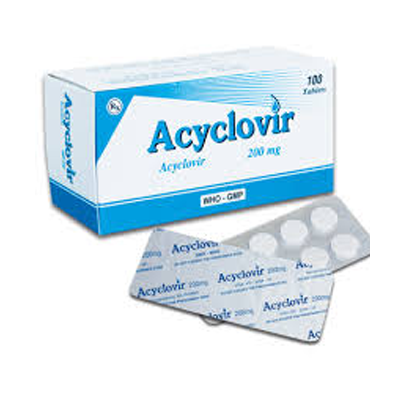
For example, if your doctor has prescribed you to take Acyclovir for 4 times a day, you can begin with the first dose in the morning, second at the midday, the third in the late afternoon, and the fourth at bedtime. If your health care professional has prescribed you to take acyclovir 5 times a day, you can begin with the first dose at 7 am, the second dose at 11 am, the third at 3 pm, the fourth at 7 pm, and the fifth dose at 11 pm.
Do not stop taking Acyclovir until you finish the prescribed course or your healthcare professional asks you to stop taking the medicine. Usually, it is prescribed to take Acyclovir for five to ten days to treat a viral infection, and for prevention, your doctor may prescribe you to take this drug for a long time.
Active Outbreak Of Herpes
Once you are exposed to the herpes virus, it remains in your nerve cells for a lifetime, even if you never experience the symptoms. Usually, it is inactive, but a trigger may activate it. This activation of the herpes virus is called an outbreak that causes the symptoms again, such as sores.
For most individuals, the first herpes outbreak is the worst and can last for 2-3 weeks. Usually, future flare-ups are not severe and last for a shorter period. Patients who suffer from the initial outbreak can experience repeated outbreaks, particularly if they acquired herpes simplex virus type 2. Typically the repeat outbreaks are not as severe as the first outbreak.
Even though genital herpes is a lifetime infection, for most patients, the number of outbreaks may reduce over time. Recurrences are less common after the initial episode of HSV 1, causing genital herpes, as compared to HSV 2, causing genital herpes, and genital shedding speedily declines during the initial year of infection.
Acyclovir Dosage For Active Outbreak
The dosage of Acyclovir treatment varies depending on certain factors, such as the condition that needs to be treated, the severity of the infection, the age of the patient, etc. Generally, a single Acyclovir dose is prescribed between 200 mg and 800 mg. The typical dosage for an active outbreak of herpes is Acyclovir 400 mg three times a day for five days. It is recommended to space each dose evenly throughout the day to get the most out of the treatment.
Acyclovir 400mg vs 800mg for Outbreaks
Acyclovir antiviral medication belongs to the synthetic nucleoside analogs class of medications. It acts by averting the replication of the herpes virus inside the body. Acyclovir 800 mg treats the symptoms and promotes the healing of herpes infections, but it may not prevent the spread of genital herpes infection to others. Acyclovir tablets are mainly used for treating non-severe skin and mucous membranes, herpes simplex virus infections. For neonatal and severe HSV infections, your doctor will prescribe IV Acyclovir.
If we talk about the effectiveness of Acyclovir 800 mg or 400 mg tablet, it may take around 2 hours to reach peak plasma concentration. It may take around three days to reduce the symptoms; however, it should be taken until you complete the prescribed course. Acyclovir works best when taken within 48 hours of the first symptoms.
How to Take Acyclovir Tablets and Liquid
Acyclovir tablets and liquid can be taken with or without food. Swallow the tablets with a full glass of water. If you are not able to swallow the tablet or you find it tough to swallow, you can dissolve the tablet in water. Take a small glass of water, add the tablet, stir, and drink all the liquid to make sure you take the full dose.
Acyclovir liquid comes with a measuring device to help users measure the dose accurately. If you do not get a measuring spoon, you can ask the pharmacist for that. Only use the measuring device that comes with the medicine, do not use an ordinary kitchen spoon to measure the liquid medicine. Make sure you get the right amount of drugs.
It is recommended to drink plenty of water and liquids while taking this drug to make sure your kidneys working well.
How to Use Acyclovir Cream for Cold Sores
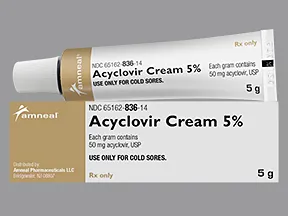
Make sure you wash your hands before and after using Acyclovir cream. Apply a thin layer of cream on the affected area five times a day. Apply the cream, every four hours for best results. Do not apply Acyclovir cream or ointment inside your mouth or vagina or in the eyes.
Use Acyclovir cream for at least four to five days. If the cold sore does not heal you can keep using this cream for a few more days or talk to your doctor.
How to Use Acyclovir Cream for Genital Herpes
Make sure you always wash your hands well before and after using the Acyclovir cream. Apply a thin layer of cream on the infected area five times a day. Apply the cream every four hours for better outcomes. Use this cream for at least five days.
If the genital herpes sore does not heal after using the cream for five days you can continue using it for a few more days. If you can’t notice a desired improvement in the sores even after using Acyclovir cream for ten days, stop using the Acyclovir cream and talk to your healthcare provider.
How to Use Acyclovir Eye Ointment

Always wash your hands well before and after using the Acyclovir ointment. Put the ointment in the infected eye five times a day or as your healthcare provider recommends. Gently pull your lower lid down and tilt your head towards the backside. Hold the ointment tube with the close nozzle towards your eye and gently squeeze around 1cm of ointment between your lower lid and eye. Then close the eye for a few minutes.
Make sure the tip of the ointment tube does not touch any part of your infected eye to keep it germ-free. Try to use the eye ointment every four hours throughout the day. Keep applying the eye ointment for at least three days even after the infected eye gets better.
You may experience a little blurred vision after using the eye ointment. Gently blink your eye several times after applying the ointment to clear your vision. People who wear contact lenses should not use lenses while using the Acyclovir eye ointment. Some preservatives in the eye ointments may build up in the contact lenses and can damage them. Avoid driving, cycling, or using any machinery or tools until your vision is clear again.
Acyclovir Warnings and Safety Advice
Acyclovir may interact with certain drugs, herbal products , health supplements or ingredients so you should be aware of the possible drug interactions to avoid any kind of dangerous drug interactions. Also make sure you tell your doctor or pharmacist if you are taking any medication, herbal products or health supplements etc. Your doctor may need to make dosage modifications to prevent possibility of adverse effects or drug interactions.
Do not stop, start or modify the prescribed dosage of Acyclovir without seeking a medical advice from your healthcare provider. If you ever had an allergic reaction to Acyclovir or Valacyclovir do not take this drug as you may experience allergic reactions.
Call your doctor if you experience any serious side effects of this drug such as dizziness, fatigue, diarrhea, loss of appetite, skin swelling or hair loss.
